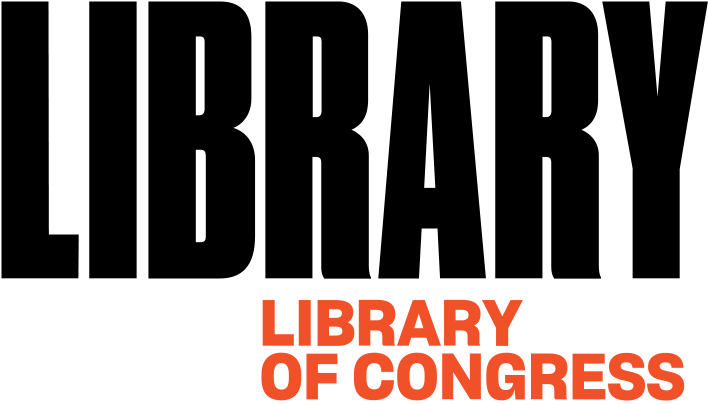 Earlier this year, LC Labs worked with three research fellows in digital history, digital art history, and software librarianship on individual computational research projects. Computational research applies computing processes like algorithms to traditional research topics, such as the study of history. For example, digital history researchers often use computational methods to uncover relationships between historic materials, visualize the contents of those materials, or even make them easier to find. Each of the researchers applied computational methods to a unique topic of their interest. From exploring the relationships among collection items with the help of neural nets, to making images easier to find with the assistance of computer vision, to building methods for identifying biblical quotations across collection materials, the researchers’ approaches reveal new ways of seeing collection materials.
Earlier this year, LC Labs worked with three research fellows in digital history, digital art history, and software librarianship on individual computational research projects. Computational research applies computing processes like algorithms to traditional research topics, such as the study of history. For example, digital history researchers often use computational methods to uncover relationships between historic materials, visualize the contents of those materials, or even make them easier to find. Each of the researchers applied computational methods to a unique topic of their interest. From exploring the relationships among collection items with the help of neural nets, to making images easier to find with the assistance of computer vision, to building methods for identifying biblical quotations across collection materials, the researchers’ approaches reveal new ways of seeing collection materials.
On the Library side, CCHC staff were interested in better understanding the researchers’ methods for accessing, transforming, and representing data derived from the Library’s collections. These collaborations were a unique opportunity for the Library to understand firsthand how to support patrons who wish to approach library collections computationally in pursuit of broader research questions.
LC Labs’ Computing Cultural Heritage in the Cloud (CCHC) initiative explores pathways for the Library to deliver its digital collections at scale, using a cloud computing environment. You can read more in previous posts about the initiative.